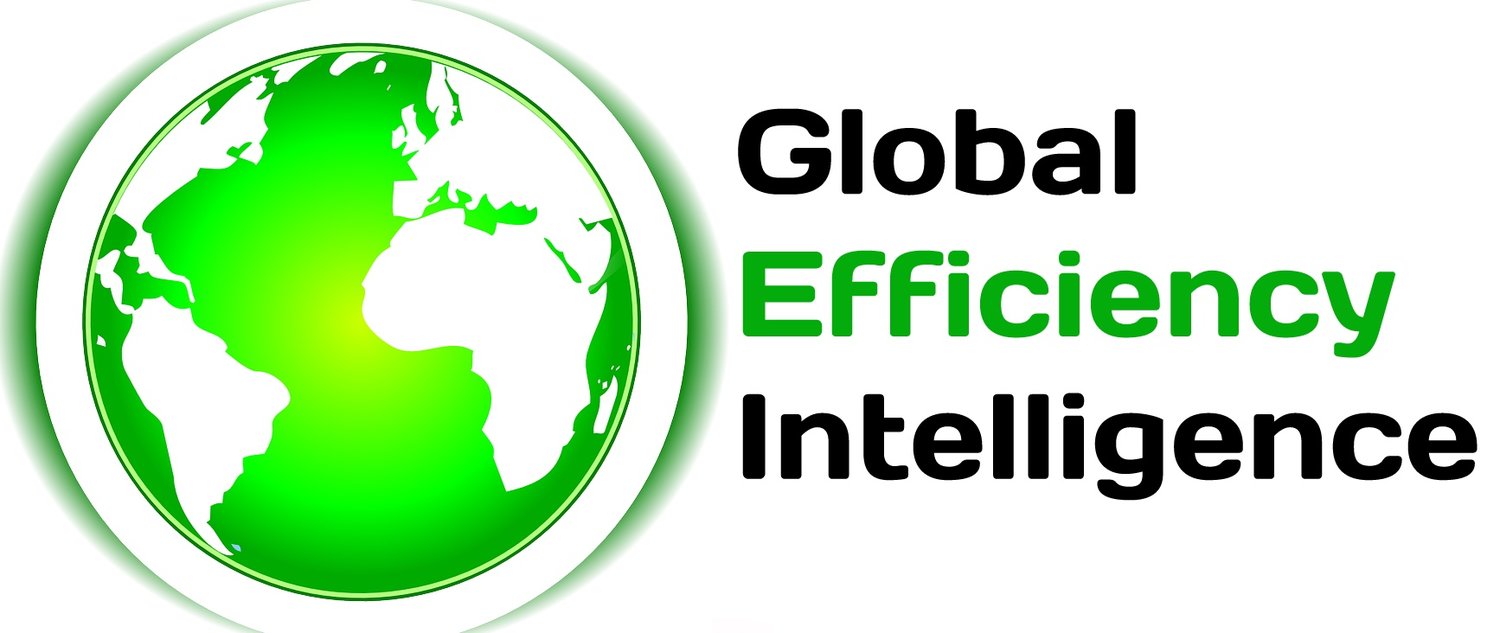A Roadmap Framework for Industrial Decarbonization in Latin America and the Caribbean
Authors: Ali Hasanbeigi, Cecilia Springer
This report carried out by Global Efficiency Intelligence and was commissioned by the Inter-American Development Bank looks into the intricate landscape of industrial energy use and emissions in the Latin America and the Caribbean (LAC) region while navigating through potential avenues for decarbonization across key industrial subsectors. At its core, the report presents a robust conceptual framework to empower stakeholders in different LAC countries to develop sector-specific roadmaps for commercial and emerging industrial decarbonization technologies. Specifically, it explores three top energy-using industrial subsectors: food and beverages, iron and steel, and cement.
Moreover, the report conducts a comprehensive review of existing international decarbonization roadmaps, focusing on the named sectors, and spotlighting technologies and strategies pertinent to the LAC region. These technologies are categorized under five pillars of industrial decarbonization: energy efficiency; material efficiency; electrification; low-carbon fuels, feedstocks and energy sources (LCFFES); and carbon capture, utilization, and storage (CCUS). These technologies are not just pivotal for emission reduction but also play a crucial role in enhancing climate resilience in various sectors.
The report’s conceptual framework (Figure 1) is modular and universally structured so it can be adapted to a variety of industrial subsectors and countries. It lays out a general structure beginning with a detailed analysis of the economic and energy profiles of specific industrial subsectors. The framework next identifies and classifies potential decarbonization technologies and develops varied scenarios reflecting the diverse ambitions and realities of each sector. These insights inform the construction of a decarbonization model to forecast energy use and emissions under different scenarios. The culmination is a cohesive decarbonization roadmap with synthesized recommendations for government and industry, considering existing policies and potential opportunities, ensuring a contextual and data-driven approach adapted to the specific needs of the LAC region.
Figure 1. Schematic of conceptual framework for developing sector-specific industrial decarbonization roadmaps
The frameworks presented in this report hold profound importance for addressing the urgent challenges of industrial decarbonization in LAC. By offering tailored decarbonization roadmaps, the report provides decision-makers with practical tools to navigate the complexities of transitioning towards sustainable industrial practices. This is particularly crucial given the region's unique socio-economic and environmental characteristics and its technology readiness levels. Moreover, the policy gap analysis underscores the necessity for more comprehensive and integrated approaches to industrial decarbonization policies.
A multi-step approach ensures that the derived roadmap is firmly rooted in context and informed by available data, synthesizing insights into cohesive, actionable strategies for industrial decarbonization. The report provides example outlines for using the framework to develop decarbonization roadmaps for the three studied industrial subsectors: iron and steel, cement, and food and beverages. Ultimately, the findings not only contribute to advancing sustainability goals but also play a pivotal role in mitigating climate change impacts, thus ensuring a more resilient and prosperous future for the LAC region.
To read the full report and see complete results and analysis of this new study, Download the full report from the link above.
Don't forget to Follow us on LinkedIn, Facebook, and X to get the latest about our new blog posts, projects, and publications.


